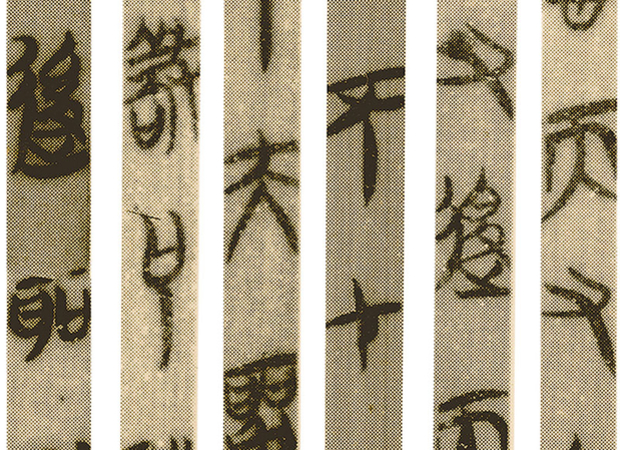Confucius Says, Xi Does
Since he came to power in 2012, Mr Xi has sought to elevate Confucius—whom Mao vilified—as the grand progenitor of Chinese culture.
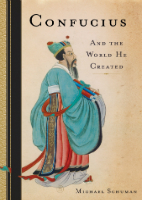
Confucius
Confucius is perhaps the most important philosopher in history. Today, his teachings shape the daily lives of more than 1.6 billion people. Throughout East Asia, Confucius’s influence can be seen in everything from business practices and family relationships to educational standards and government policies. Even as western ideas from Christianity to Communism have bombarded the region, Confucius’s doctrine has endured as the foundation of East Asian culture.
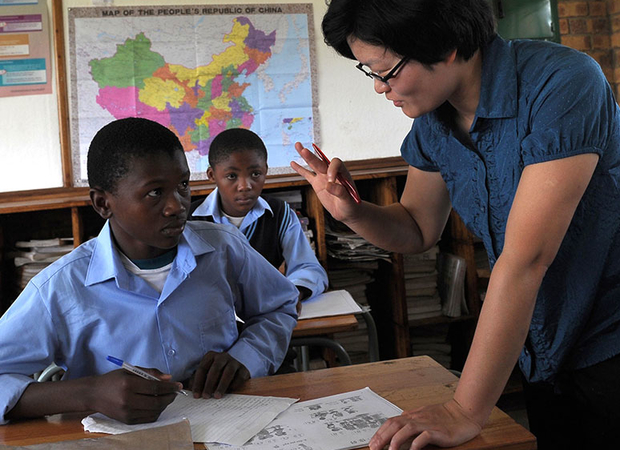
Chinese Studies at the University of Botswana
It’s long been said that while China may have an Africa policy, Africans do not have a China policy. In particular, too many Africans do not understand the language, culture, and politics of their new number one trading partner. The University of...

Buried Ideas
The discovery of previously unknown philosophical texts from the Axial Age is revolutionizing our understanding of Chinese intellectual history. Buried Ideas presents and discusses four texts found on brush-written slips of bamboo and their seemingly unprecedented political philosophy. Written in the regional script of Chu during the Warring States period (475–221 BCE), all of the works discuss Yao’s abdication to Shun and are related to but differ significantly from the core texts of the classical period, such as the Mencius and Zhuangzi.
Fidel Castro Wins China’s Alternative Peace Prize
In line with past recipients, the ailing Castro did not come to Beijing to pick up his award and it was unclear whether he was aware of the honour. The prize, in the form of a gold statuette and certificate, was instead handed to a Cuban foreign...
Toronto School District Cancels Plans for Confucius Institute
Canada’s largest school district moved to terminate its agreement with the institute, which would have offered after-school Chinese language and culture classes, over concerns about China’s human rights record and restrictions on academic freedom...
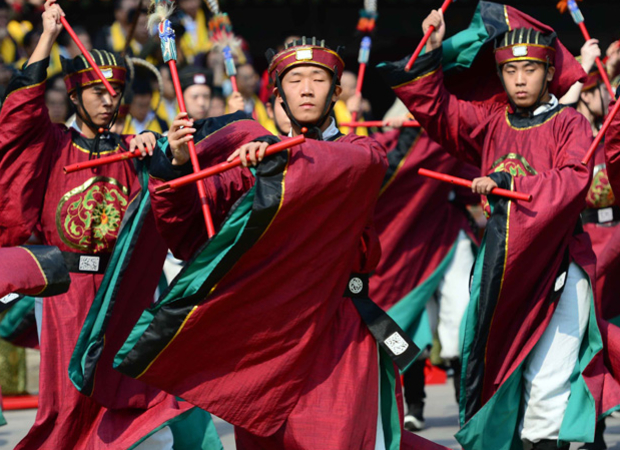
Chinese Doubt Their Own Soft Power Venture
On September 27, Chinese Vice Premier Liu Yandong read aloud a letter written by President Xi Jinping at a ceremony in Beijing celebrating the tenth...
China’s Soft-Power Fail
This was not the reception that the Chinese government had in mind in 2004 when it inaugurated the Confucius Institute program as a means of improving its image abroad and projecting “soft power.”
Penn State Latest School to Drop China’s Confucius Institute
The action signals increasing discontent on university campuses over the institutes' hiring practices and refusal to acknowledge unflattering chapters of Chinese history.
China's Beachhead in U.S. Schools
The Confucius education network shows the promise and peril of doing academic business with Beijing.
Confucius Comes Home
In my fifth year in Beijing, I moved into a one-story brick house beside the Confucius Temple, a seven-hundred-year-old shrine to China’s most important philosopher.
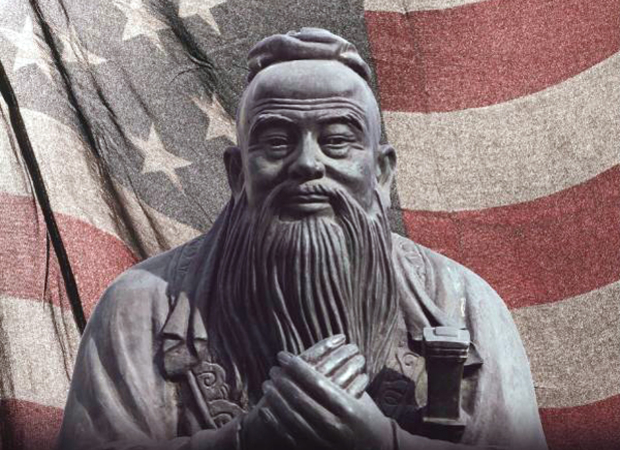
Daoism for the Action-Oriented
from Sinica Podcast{vertical_photo_right}
What Would Confucius Do? What for that matter would Laozi not do? This week on Sinica, Kaiser and Jeremy ask these and other questions of Sam Crane, Professor of Contemporary Chinese Politics at Williams College and...
Why Are Hundreds of Harvard Students Studying Ancient Philosophy?
Professor Michael Puett uses Chinese philosophy as a way to give undergraduates concrete, counter-intuitive, and even revolutionary ideas, which teach them how to live a better life, putting ancient Chinese thought in the context of...





